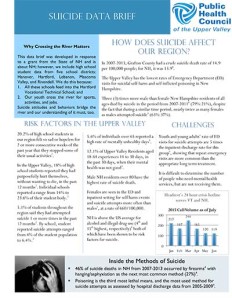Supporting People Living with Mental Illness
Why we care…
Mental disorders are common in the United States and internationally. An estimated 26.2% of Americans ages 18 and older — about one in four adults — suffer from a diagnosable mental disorder in a given year. Even though mental disorders are widespread in the population, the main burden of illness is concentrated in a much smaller proportion — about 6 percent, or 1 in 17 — who suffer from a serious mental illness. In addition, mental disorders are the leading cause of disability in the U.S. and Canada. Many people suffer from more than one mental disorder at a given time.
Access to mental health and substance use disorders in the Upper Valley is an ongoing challenge. Issues such as waiting lists at the community mental health centers, a shortage of qualified professionals, uninsured and underinsured clients, lack of transportation options, and increased demand for services has caused a bottleneck in the community’s ability to access care.
In addition, the suicide rate in the country and in New Hampshire has been steadily increasing. The second leading cause of death in NH for ages 15-34 is suicide and it is the fourth leading cause of death in ages 35-54. The Upper Valley has seen several suicides involving our local high schools over the past 2-3 years and self-harming as well as other high risk behaviors are also exhibited more frequently in the area schools.
The lack of behavioral health services within the state systems has led to extraordinarily long waiting times in our area hospital emergency rooms while waiting for a bed at appropriate psychiatric hospitals. During July 2015, Valley News staff writer, Rick Jurgens, produced an instructive series of articles on the topic of New Hampshire and Vermont’s mental health systems.
Public Health Council Goals for Supporting People Living with Mental Illness
- Ensure access to behavioral health and substance use services.
- Increase community supports and caring responses to people living with behavioral health needs.
- Decrease Incidents of Bullying, Sexual Assault and Relationship Violence that create mental and emotional trauma.
Key Partners Working on these Goals
During 2016, the Public Health Council will work with numerous partners to develop a coordinated approach to sharing the work that needs to be done on this priority. Some of the partners include:
West Central Behavioral Health
Regional Law Enforcement Agencies Adopting Crisis Intervention Team Training
Other resources…
Upper Valley Mental Health Resource Guide
Suicide Data Brief (pdf file)
How Does Suicide Affect Our Region
Prepared by the Public Health Council of the Upper Valley



